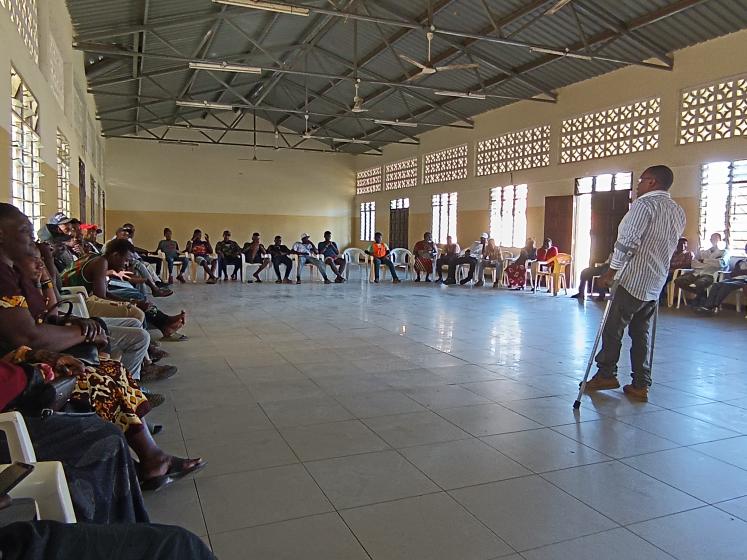Recent studies indicate that hate speech, disinformation, and misinformation fuel violence during elections and transitions, exacerbate ethnic and religious tensions, and are tools for persecuting minorities and promoting gender-based violence. This case study explores the effectiveness of integrating human rights approaches with conflict prevention strategies to combat hate speech and disinformation, through a review of 12 projects that reveal critical issues such as electoral violence, youth vulnerability and inclusion, ethnic, religious, and political discrimination, and gender-based hate speech.
This case study is an excerpt from a larger 2024 Peacebuilding Fund (PBF) Thematic Review examining synergies between human rights and peacebuilding. It examined a select sample of PBF programming – 92 projects implemented in 45 countries and territories – that were supported between 2017 and 2022, with a view to collecting best practices and lessons learned, and contributing to better understanding of how human rights and peacebuilding tools and strategies may complement each other in advancing peace and preventing conflict. This case study appears on pages 47 to 58 of the full report.
Access the Hate Speech Case Study here, and a case study infographic here.
Suggested citation: Erica Gaston, Adam Day, Emma Bapt, Fiona Mangan, Cristal Downing, Raphael Bodewig and Lauren McGowan. Case Study: Hate Speech : UNU-CPR, 2024.


